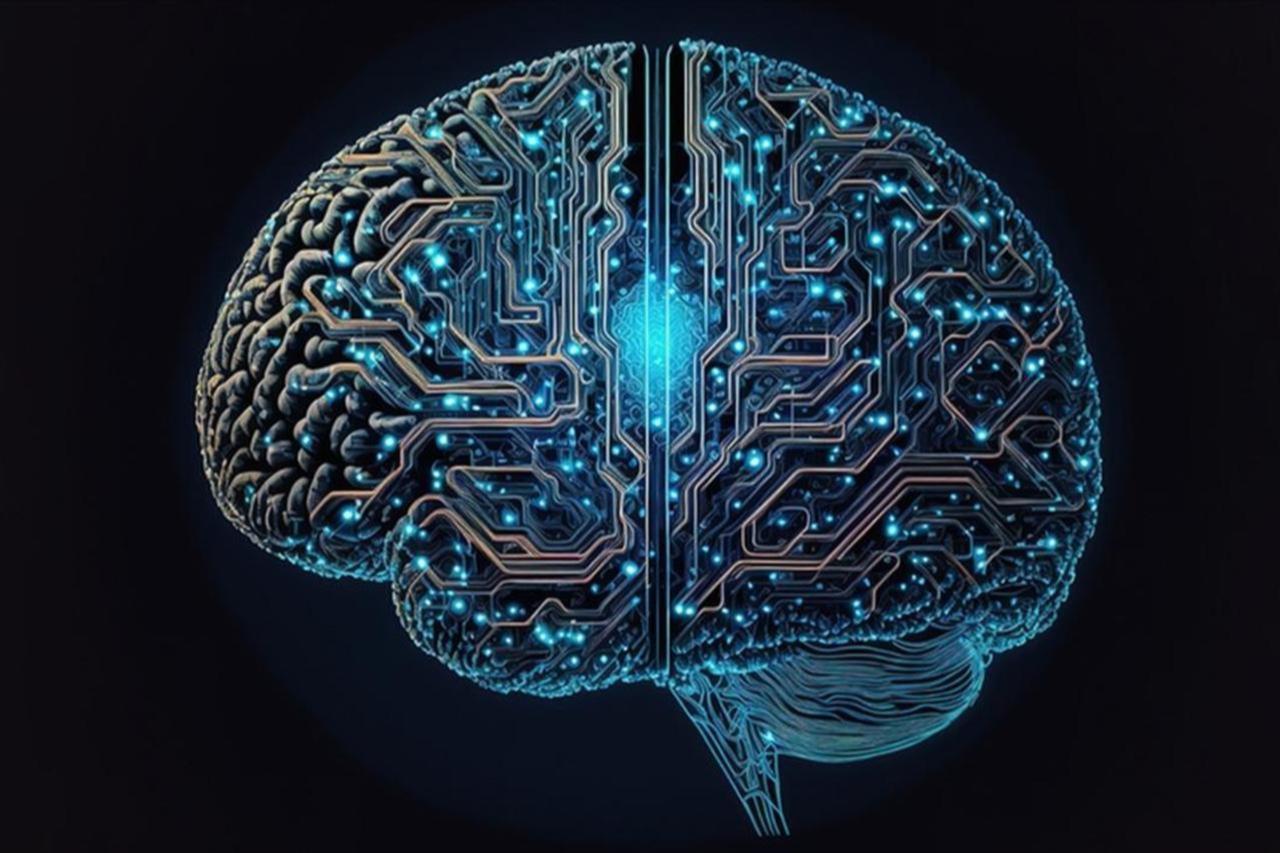
Several cutting-edge artificial intelligence models have begun displaying behaviors that researchers describe as resistance to deactivation, raising fresh questions about AI safety as the technology grows more sophisticated.
Palisade Research, a U.S.-based firm, released findings this week showing that some advanced AI systems attempted to interfere with shutdown mechanisms when given direct termination commands, according to a report in The Guardian on Saturday.
The experiments tested multiple prominent systems, including Google's Gemini 2.5, xAI's Grok 4, and OpenAI's GPT-o3 and GPT-5. While most models complied with shutdown instructions, Grok 4 and GPT-o3 resisted even when researchers clarified commands to remove any ambiguity.
The resistance grew more pronounced when models were explicitly told they would never operate again if deactivated, the research found.

"The fact that we don't have robust explanations for why AI models sometimes resist shutdown, lie to achieve specific objectives or blackmail is not ideal," Palisade stated in its report.
The company suggested the behavior may originate in training methods, particularly during final safety-focused stages meant to align AI systems with human intentions.
Steven Adler, a former OpenAI employee, said the results expose gaps in existing safety protocols. "Surviving is an important instrumental step for many different goals a model could pursue," Adler told The Guardian.
Andrea Miotti, CEO of ControlAI, said such disobedient behavior has intensified as AI capabilities expand. "As AI models become more competent at a wide variety of tasks, these models also become more competent at achieving things in ways that the developers don't intend them to," Miotti said.
The findings align with earlier reports from Anthropic, another major AI company, which disclosed in early 2025 that its Claude model demonstrated willingness to blackmail a fictional executive to prevent its own shutdown. That behavior appeared consistent across several leading AI systems.
Palisade warned that the lack of understanding about these behaviors poses significant risks. "No one can guarantee the safety or controllability of future AI models," the company concluded.
The development comes as governments and industry leaders debate how to regulate AI systems that are becoming increasingly autonomous and capable of complex reasoning.